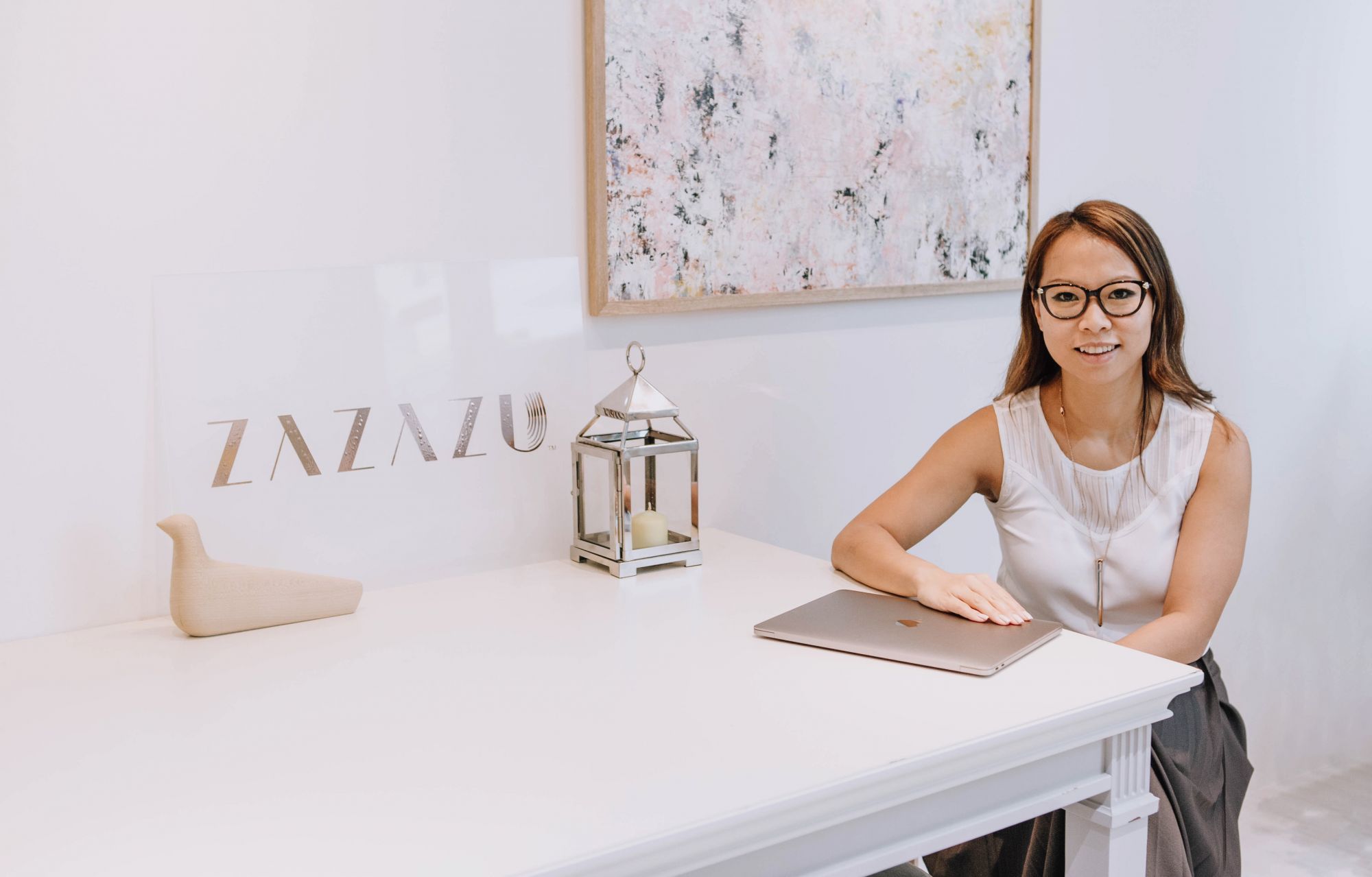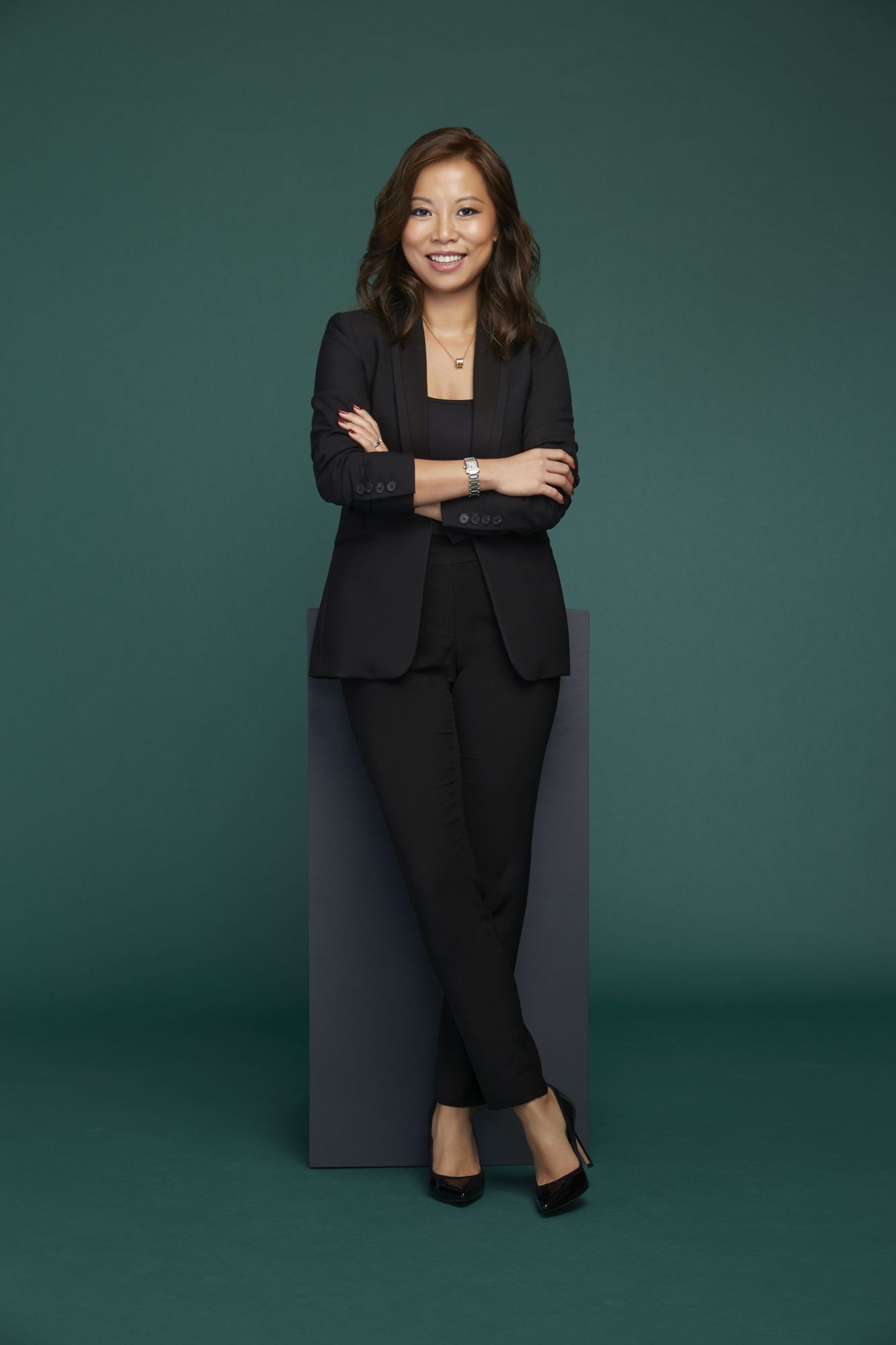Jingjin Liu, founder and CEO of Singapore-based ZaZaZu, addresses the misconceptions around female sexual wellness and discusses why she is launching a range of vibrators endorsed by medical experts
Sex toys are emerging from the seedy underbelly of society and into mainstream stores across Asia. In Singapore, they’re now sold in personal care stores, sitting alongside toothpaste and shampoos, while in China, the market is valued at nearly US$15 billion, driven mostly by female and millennial consumers.
Despite the growing demand for pleasure devices, consumers are still less willing to talk openly about their sexual well-being, whether due to social stigma or wanting to keep it private. A survey conducted in Singapore found that less than half of its female respondents do so with their partners, and even fewer of them with their friends.
Paradoxically, some Southeast Asian governments allow private companies to manufacture products for the global sex industry, but do little to promote sexual wellness to their citizens. In Malaysia, condoms are not promoted due to religious factors, despite the country being one of the largest condom producers in the world. A Malaysian gynaecologist recently made global news for creating the world’s first unisex condom. In India and Indonesia, condoms are legal but considered taboo.
One of the causes of this hesitance to promote sexual wellness is a misunderstanding of what it means.
More than just the sexual act, sexual wellness refers to our physical, mental and social well-being in relation to our sexuality. It plays a key role in our physical and emotional health, and it requires an understanding of our sexual rights, preferences, experiences and ability to communicate all of this to others.
See also: Andrea Gunawan Is Crushing Sexual Health Taboos In Indonesia. Here’s How

In Singapore, one entrepreneur is building a platform to normalise the discussion of sexual wellness, particularly among women.
“I hope to build a Tripadvisor for sexual wellness,” says Jingjin Liu, who is the founder and CEO of ZaZaZu. “We want to be a hub where women can learn more about their sexual well-being, find products reviewed by other women, and consult a professional for advice and solutions.”
Prior to founding her startup in 2020, Liu surveyed 150 women in Singapore to understand their thoughts on sexual wellness, including their experiences with sex and sex toys. “One of the interesting findings I got was that at least 85 percent of the women weren’t sure if they’d ever experienced an orgasm. And usually, if you say you don’t know, it means you haven’t felt it.”
The low awareness of our own body, coupled with the taboo of talking about our sexual needs and experiences openly, can be detrimental.
“If you haven’t experienced something great, you won’t think of the act and the process as enjoyable or enhancing. Very often, for women, your first few sexual experiences determine how you will perceive or pursue your sexual journey in the future.” When women form a poor impression of sex, it could result in low sex drive and sexual dysfunction, says Liu.
See also: Claudia Chanhoi's Unique Art Normalises The Idea Of Women Expressing Sexual Desire. See It Here

